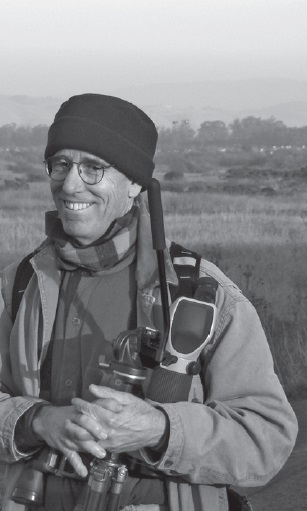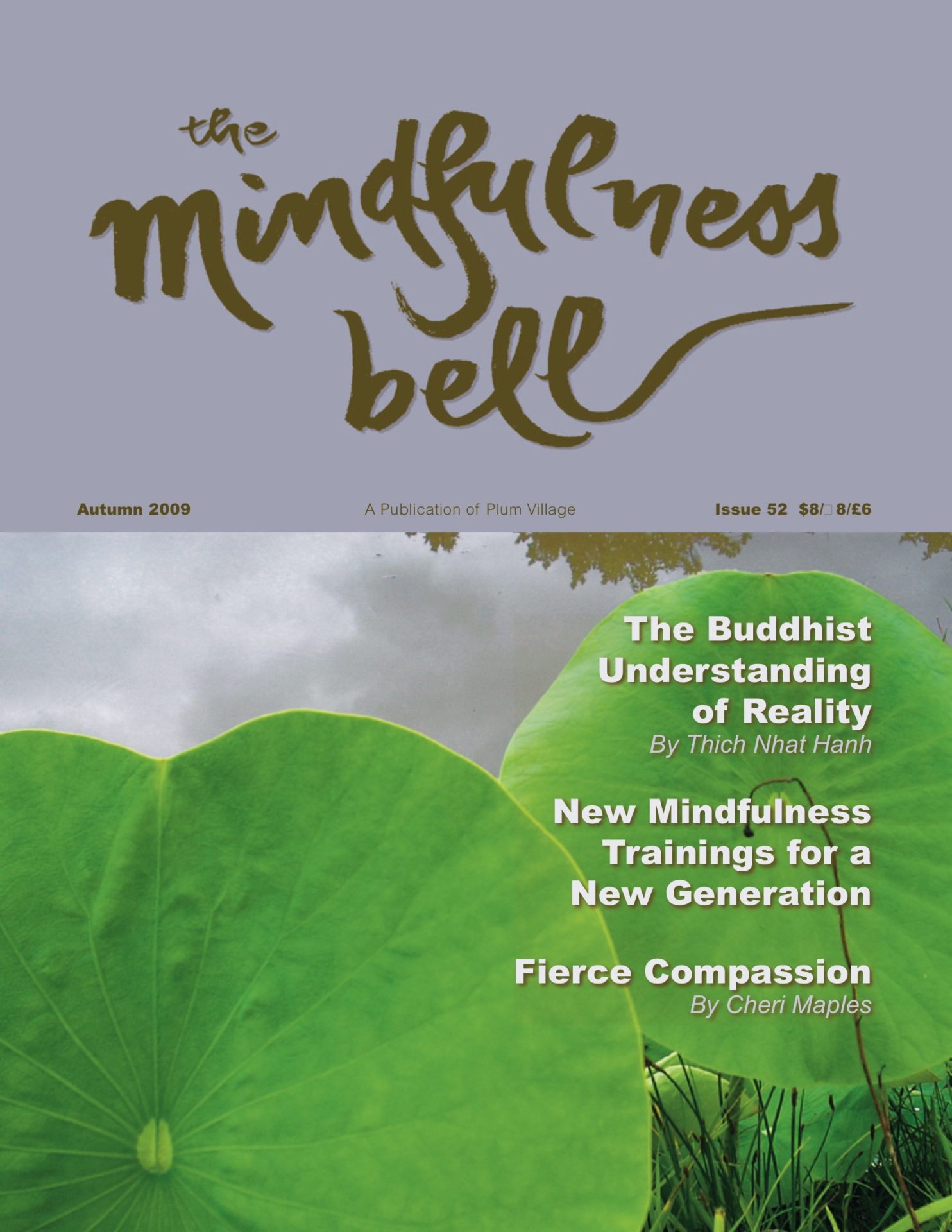By Caleb Cushing

A decade ago, on the infamous exercise yard of San Quentin State Prison, an inmate sat upright by himself along the fence. A few close friends approached and asked what he was doing. He said he was practicing Zen meditation, and they sat down with him. All of them were older inmates, “lifers” who were serving long sentences, all veterans of the war in Vietnam.
By Caleb Cushing

A decade ago, on the infamous exercise yard of San Quentin State Prison, an inmate sat upright by himself along the fence. A few close friends approached and asked what he was doing. He said he was practicing Zen meditation, and they sat down with him. All of them were older inmates, “lifers” who were serving long sentences, all veterans of the war in Vietnam. Eventually, under the auspices of the San Francisco Zen Center (SFZC), they established a congregation fully recognized by the California Department of Corrections and Rehabilitation. Now, for two hours every Sunday evening, as many as thirty inmates gather in a well-heated classroom to practice as the Buddhadharma Sangha. In the prison industries workshops, they’ve expertly crafted an altar, cushions, pads, and benches, and on the chalk-tray of the blackboard, they set a framed calligraphy by Thay — The kingdom is now or never.
The SFZC facilitators regularly ask the men to prepare talks that focus on their practice and then to respond to follow-up questions from the Sangha. Many of the men are mature, insightful practitioners. When the SFZC officials are unable to attend, they sometimes ask members of the Community of Mindful Living [Editor’s note: Sanghas in the tradition of Thich Nhat Hanh] to facilitate. They appreciate our being there; their practice brings us joy and inspiration as well. The men like our practices of listening to the big bell, mindful eating, and especially Dharma discussion. For the Dharma talks, we ask the men to suggest topics in advance, and we invite an inmate to give the talk alongside us.
They have a library with several books by Thay. After we had showed up with some regularity, the inmates said they were interested in learning some of our practices, so we arranged an extended period of practice — a Day of Mindfulness at San Quentin. We provided homemade picnic lunches for everyone, and some said it was the first time in years that they had fresh raw vegetables.
Two guests and two inmates gave a joint Dharma talk about using mindfulness to deal with anger, and then took questions from the Sangha. One of the inmates who spoke on that panel, Michael Gallardo, wrote an article for the San Quentin News about the Day of Mindfulness:
On Monday, February 16, 2009, amidst heavy rain and strong wind, the fifth annual Day of Mindfulness was held in the Buddhadharma Sangha at San Quentin State Prison in California.
Inside the fifty-by-twenty-foot room located at the Garden Chapel area on the prison grounds, fourteen inmates and fourteen visitors from the Community of Mindful Living of Northern California celebrated the day with sitting meditation, walking meditation, and Dharma talks....
The group shared a mindful lunch together, eating in silence, while sitting on chairs, zafu (sitting cushions) and zabuton (meditation mats). Inmate Lindsey, from the prison Sangha, solemnly walked to the altar, offered the Buddha a portion of his lunch and later said to the group, “I am completely overwhelmed. Today is a very beautiful day.”
Mindful living, the practice of complete awareness, is based on the teaching of Vietnamese Zen Master Thich Nhat Hanh, who has founded several Mindful Living communities located around the world.
“Mindfulness gives us the tools to live our lives in peace in the midst of prison chaos,” inmate Russo said about the practice. “Although this event was a Buddhist Religious program, the cornerstone of our practice has always been ‘we are here for anyone, of any belief’,” Russo added.
Most of the visitors are involved in mindfulness and meditation programs in various jails, prisons, or community centers in Northern California. They are proactive in their practice, which radiates into the community.
The Buddhadharma Sangha was established almost ten years ago. Five inmates spent a year, rain or shine, sitting in meditation on the lower-yard. On September 5, 1999, in the midst of a partial lockdown in the prison, the Sangha held its first service with Zen priest Roshi Seido Lee de Barros, from Green Gulch Farm in Marin County.
The prison Sangha, with volunteers from San Francisco Zen Center, Berkeley Zen Center, Green Gulch Farm, and about thirty inmates, meet on Sunday evenings, practicing and studying the Buddha’s teachings in the Soto Zen tradition. It also offers, from its library, a wide selection of books on all Buddhist traditions....
At the end of the day, as the rain and gusty wind momentarily subsided, the group gathered in a circle and shared a song together amid tears and the feeling of gratitude experienced throughout the day. “I fully understand now why you all come here,” said inmate Thao, on his second day with the Sangha, as he walked back to the housing units.
It was wonderful day for all of us, because we all have so much to learn.
Caleb Cushing, True Original Commitment, practices with the Pot Luck Sangha and the Open Door Sangha in the East Bay Area of Northern California.
According to the Lionheart Foundation, the U.S. criminalizes and imprisons more people than any other country in the world. It has over 2 million people in prisons, six to ten times as many as any other nation. Three-quarters of these prisoners have a history of drug or alcohol abuse and one-sixth have a history of mental illness. One out of every three black men between the ages of 20 to 29 are in prison or on probation. In the last twenty years more than 1,000 new prisons have been built.
Abbott Kinloch Walpole of the Gateless Gate Zen Center in Gainesville, Florida says the prison-industrial complex is a “confluence of interests,” which depends on a steady supply of prisoners from which money and property can be harvested. Politicians and judges to be “electorally viable” must help supply prisoners. Not only their jobs but the jobs of many judicial, police, and prison officials depend on having lots of prisoners. In Florida there is nothing for prisoners to do in prison but to take psychotropic pills to deal with their brutal situation. He says if you want to know what prison does to prisoners read holocaust survivor Viktor Frankl’s 1946 book Man’s Search for Meaning.
Many Sangha sisters and brothers are writing to prisoners. Others are facilitating prison meditation and Dharma courses. Other practitioners are working to prevent the executions of prisoners and the daily abuses inflicted on them, or to change draconian penal policies and practices through human rights organizations. “Restorative justice” programs are being established where criminals, crime victims, and communities work together to heal the damage caused by an offender. Others are working on “re-entry” policies and programs to help prisoners when they are released. While others are helping the families of prisoners, particularly their children; or working to prevent young people from going to prison. There are also efforts to educate and inform the public and community leaders about hellish prison conditions, a need to end the criminalization of the poor and minorities for behaviors that are not crimes, and the destructive results of the prisonindustrial complex.
Many Sanghas do excellent work with prisoners in their communities and only a few are listed here. At the forefront of Buddhist efforts, two organizations stand out: the Buddhist Peace Fellowship Prison Program and the Prison Dharma Network (PDN).

